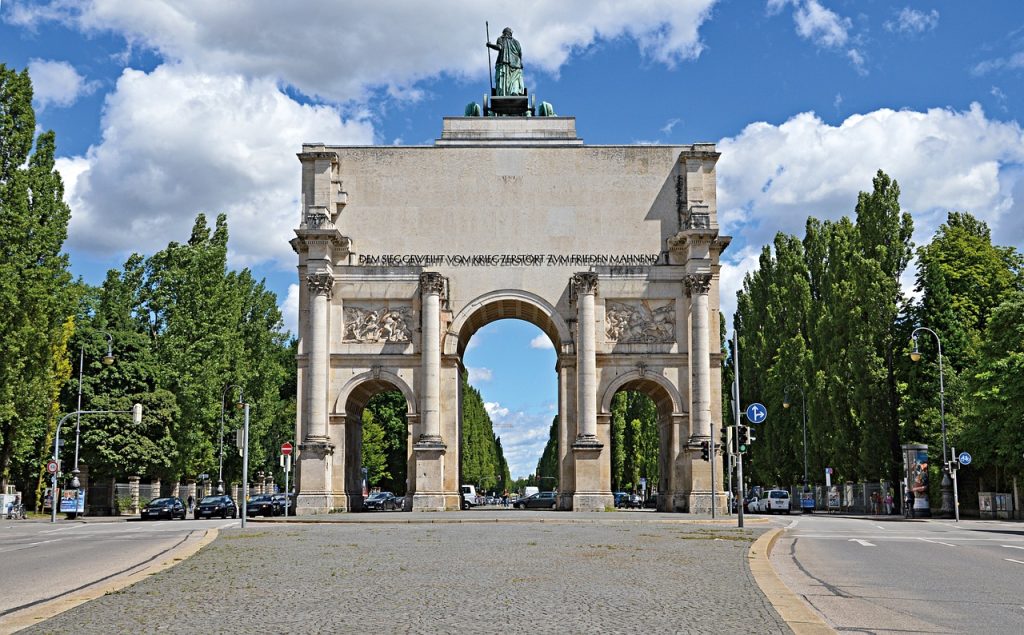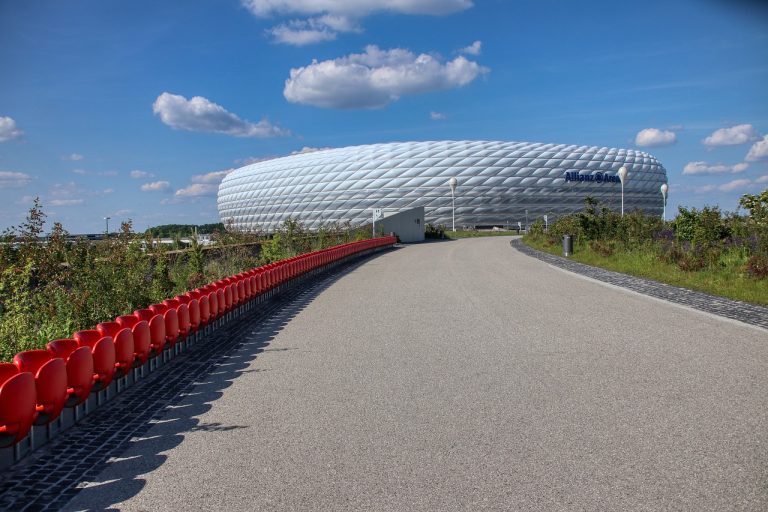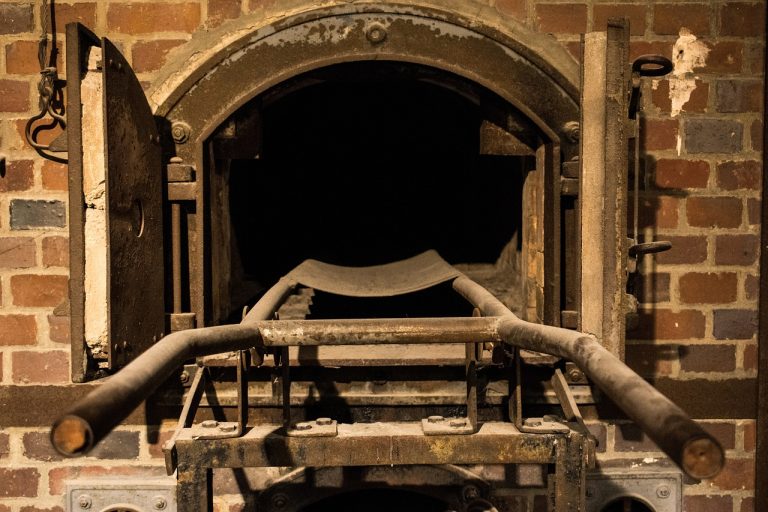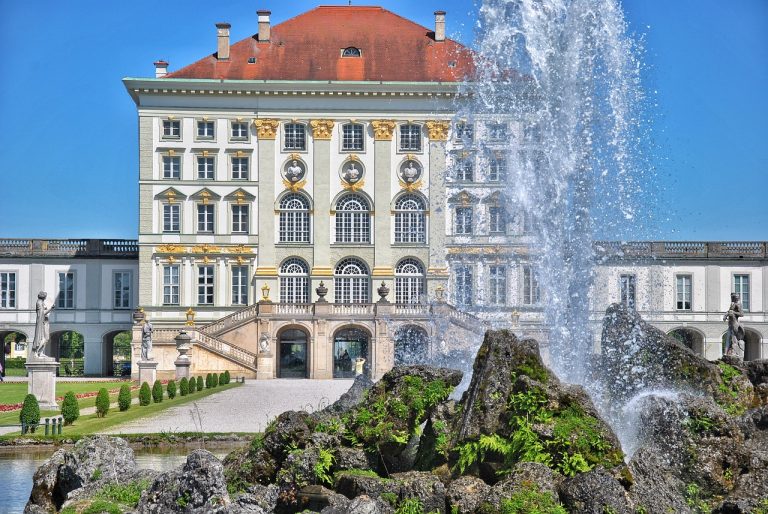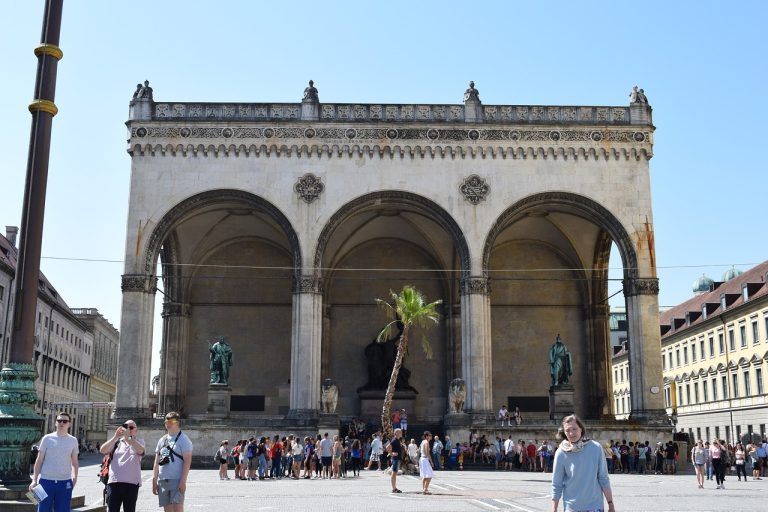Munich Germany Video
Local Myths and Legends of Munich Germany
Munich, the capital of Bavaria in Germany, is a city steeped in history and folklore. Over the centuries, it has given rise to numerous myths and legends that have become an integral part of its cultural heritage. These stories have been passed down through generations and continue to captivate locals and visitors alike. In this article, we will explore some of the most intriguing local myths and legends of Munich, shedding light on the city’s rich folklore and captivating tales.
The Legend of the Devil’s Footprint
- Emphasized Keywords: Devil’s Footprint, Frauenkirche, legend
One of the most famous legends in Munich is the tale of the Devil’s Footprint. According to the legend, the devil made a deal with the builders of the Frauenkirche (Church of Our Lady). The devil agreed to finance the construction of the church on the condition that it would not have any windows. However, the clever builders tricked the devil by positioning the columns in such a way that they blocked the view of the windows from the main entrance. Frustrated, the devil stamped his foot in anger, leaving behind a footprint in the entrance of the church. To this day, visitors can see the devil’s footprint, a reminder of the cunning of the builders.
The Legend of the Munich Glockenspiel
- Emphasized Keywords: Munich Glockenspiel, legend, Marienplatz
The Munich Glockenspiel, located in the heart of the city at Marienplatz, is not only a popular tourist attraction but also the subject of a fascinating legend. According to the legend, the Glockenspiel was created to celebrate the marriage of Duke Wilhelm V to Renata of Lorraine. However, on the wedding day, Renata fell ill and died before the ceremony could take place. The heartbroken Duke commissioned the construction of the Glockenspiel as a memorial to his lost love. Today, visitors can witness the Glockenspiel’s performance, which depicts various historical events and stories, including the legendary wedding that never happened.
Munich Germany Image 1: 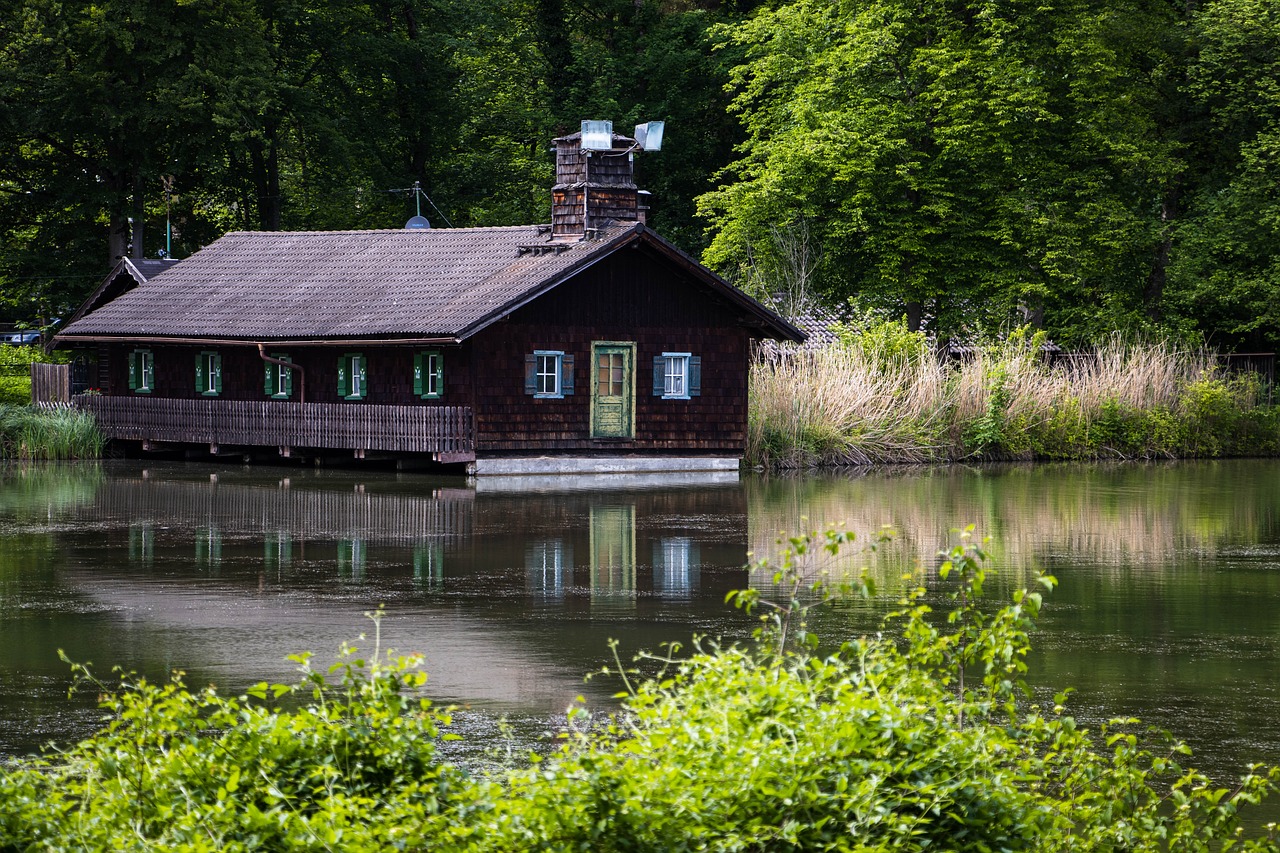
The Legend of the White Rose
- Emphasized Keywords: White Rose, resistance, Sophie Scholl
Munich is also known for its role in the resistance against Nazi rule during World War II. One of the most prominent resistance groups was the White Rose, founded by a group of university students, including Sophie Scholl. The legend of the White Rose revolves around their brave acts of distributing anti-Nazi pamphlets, which ultimately led to their arrest and execution. Today, the White Rose serves as a symbol of courage and resistance against oppression. Visitors can explore the city and learn about the inspiring story of these young heroes who stood up against tyranny.
The Legend of the Munich Kindl
- Emphasized Keywords: Munich Kindl, mascot, city symbol
The Munich Kindl, also known as the Münchner Kindl, is the official mascot and symbol of the city. The legend behind the Munich Kindl dates back to the 13th century when a young boy named Ludwig fell into the River Isar. Miraculously, he emerged unharmed, and the people of Munich believed it to be a sign of divine intervention. The Munich Kindl, depicted as a child in traditional Bavarian clothing, became a symbol of the city’s good fortune and protection. Today, statues and images of the Munich Kindl can be found throughout Munich, representing the city’s rich history and traditions.
The Legend of the Hofbräuhaus
- Emphasized Keywords: Hofbräuhaus, beer, tradition, legend
The Hofbräuhaus, one of Munich’s most famous beer halls, has its own legend that has been passed down through generations. According to the legend, the Duke of Bavaria, Wilhelm V, established the Hofbräuhaus in 1589 as a royal brewery. However, the Duke faced a problem when the beer produced by the brewery became contaminated. Desperate to find a solution, he made a pact with the devil. In exchange for the devil’s assistance in brewing beer, the Duke promised to give the devil the first soul to enter the Hofbräuhaus. The clever Duke outwitted the devil by sending a prisoner to be the first soul, thus fulfilling his promise without sacrificing a citizen. Today, the Hofbräuhaus stands as a testament to Bavarian beer culture and the legend that surrounds it.
Munich Germany Image 2: 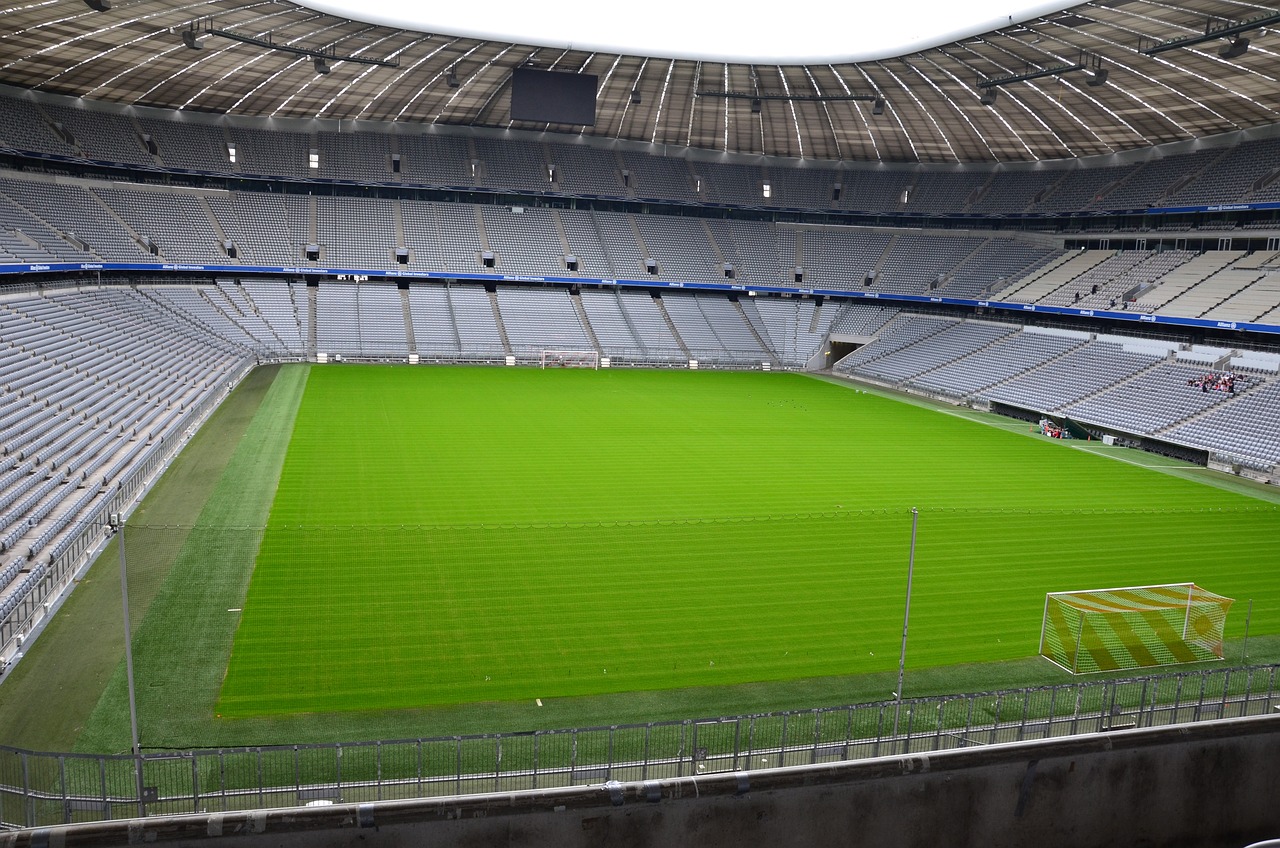
The Legend of the Munich Residence
- Emphasized Keywords: Munich Residence, palace, history, legend
The Munich Residence, a grand palace complex in the city center, has its own share of legends and stories. One such legend revolves around the construction of the palace. It is said that the devil himself offered to build the palace overnight in exchange for the soul of the first person to enter. However, the clever architect outsmarted the devil by sending his pet rooster into the palace first. The rooster’s crowing at dawn fooled the devil into thinking it was already morning, and he fled before completing the palace. Today, visitors can explore the magnificent Munich Residence, admiring its stunning architecture and imagining the legends that surround it.
The Legend of the Englischer Garten
- Emphasized Keywords: Englischer Garten, park, legend
The Englischer Garten, Munich’s largest public park, is not only a place of natural beauty but also the setting for a fascinating legend. According to the legend, a ghostly rider known as the Auerhahn (Capercaillie) appears in the park on certain nights. It is said that the Auerhahn was a nobleman who died in a duel and now haunts the park, searching for his lost love. Visitors to the Englischer Garten can enjoy its serene landscapes and perhaps catch a glimpse of the mysterious Auerhahn, adding an air of enchantment to their park experience.
The Legend of Nymphenburg Palace
- Emphasized Keywords: Nymphenburg Palace, history, legend
Nymphenburg Palace, a magnificent Baroque palace located just outside of Munich, has its own share of legends and tales. One such legend revolves around the birth of King Ludwig II, also known as the “Mad King.” It is said that his mother, Queen Marie, prayed to the water nymphs in the palace’s central fountain for a son. Her prayers were answered, and Ludwig II was born, becoming one of Bavaria’s most famous monarchs. Today, visitors can explore the grandeur of Nymphenburg Palace and imagine the legends that have shaped its history.
Munich Germany Image 3: 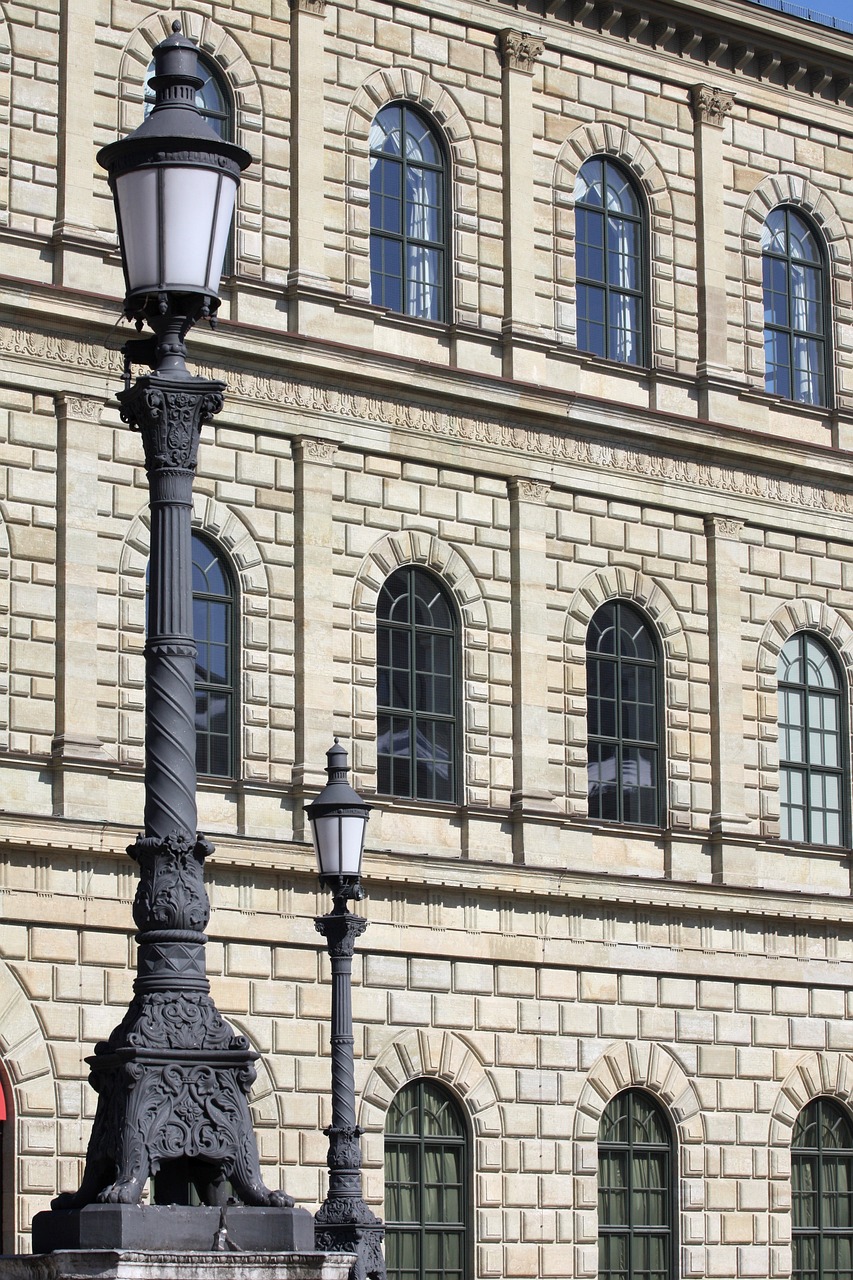
The Legend of the Viktualienmarkt
- Emphasized Keywords: Viktualienmarkt, market, legend
The Viktualienmarkt, Munich’s famous open-air market, has a legend associated with its origins. According to the legend, the market was established in the 19th century to provide the citizens of Munich with fresh food and produce. It is said that a young girl named Viktualia, known for her kindness and generosity, used to distribute food to the poor from her family’s estate. When she passed away, the grateful citizens named the market in her honor. Today, the Viktualienmarkt continues to thrive, offering a vibrant array of local produce, delicacies, and a testament to the legend that inspired its creation.
The Legend of the Isar River
- Emphasized Keywords: Isar River, legend, nature
The Isar River, flowing through the heart of Munich, has its own legend that speaks to its natural beauty and significance. According to the legend, the river was created by the tears of a water sprite named Isaria. Isaria was deeply in love with a young fisherman but was unable to be with him. Her tears formed the Isar River as a symbol of her eternal love and longing. Today, the Isar River is a beloved natural landmark, offering opportunities for recreation, relaxation, and a connection to the enchanting legend that surrounds it.
Conclusion
Munich, Germany, is a city of captivating myths and legends that add depth and intrigue to its cultural fabric. From the Devil’s Footprint at the Frauenkirche to the legends surrounding iconic landmarks like the Munich Glockenspiel, Hofbräuhaus, and Nymphenburg Palace, these stories weave a rich tapestry of history, folklore, and imagination. Exploring the local myths and legends of Munich is not only a fascinating journey into the past but also a way to understand and appreciate the city’s unique heritage.
References
- Petit Palace: petitpalace.co.uk
- Munich Residence: muenchner-residenz.de
- Viktualienmarkt: viktualienmarkt-muenchen.de
- Englischer Garten: englischergarten.de

